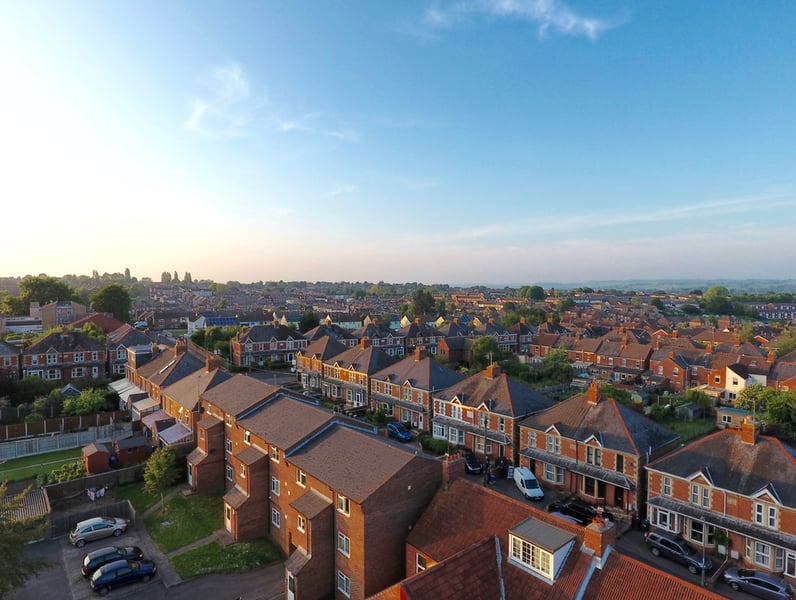The research showed that 2.5% of homes sold have been flipped within 12 months, equating to 23,000 transactions.

The proportion of properties bought and resold within a 12-month period in England and Wales has reached a high, according to data collected by Hamptons International.
The research showed that 2.5% of homes sold have been flipped within 12 months, equating to 23,000 transactions.
Aneisha Beveridge, head of research at Hamptons International, said: “Flipping generally involves buying, renovating and selling a home over a short period of time, in most cases for a profit.
“Flippers play an important role in the housing market by improving housing stock and taking on projects other buyers often won’t touch.”
According to Hamptons, the average profit made is estimated at £40,995 also a record high, up from £29,685 in 2019.
Burnley noted the greatest proportion of properties bought and sold within 12 months, at 8.2%.
Hamptons outlined that 81% of the properties were bought for £40,000 or less, under the threshold at which stamp duty is payable.
Beveridge added: “Burnley has cemented itself in the top spot for the last six years as it’s one of the few places where investors can purchase a home without paying any stamp duty.
“And while the current stamp duty holiday will see flippers across the country save money, its full impact won’t be felt until early next year when these homes are likely to return to the market for sale.
On a regional basis, the North East and North West of England retained the top spots for properties bought and sold within 12 months.
Furthermore, just 5% of flipped homes bought and sold since the market reopened in May were flats, down from 20% in 2019.
Beveridge said: “Since the market weakened following the financial crash of 2007, the number of flipped houses dwindled.
“However in recent times their numbers have started to recover.
“But the introduction of the 3% investor stamp duty surcharge has served as a cap, with flippers increasingly targeting cheaper areas where they don’t have to pay stamp duty.
“At the same time, tightening yields and increased regulation have pushed some landlords away from long-term ownership towards buying, refurbishing and selling on.”


